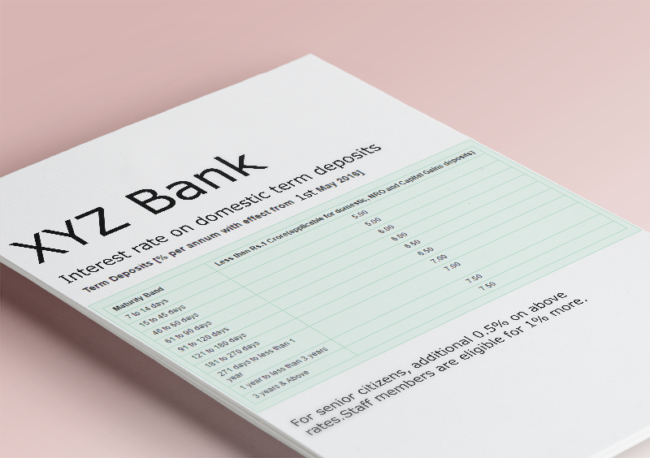Different Types of Bank Borrowers
There are different types of bank borrowers. They may be classified as individuals, partnership firms, private limited, public limited companies, large corporate, public sector undertakings, multinational companies etc. The financial and non-financial credit facilities required to the above customers are many. We can divide them in to retail borrowers and corporate borrowers. Retail Borrowers: The…







